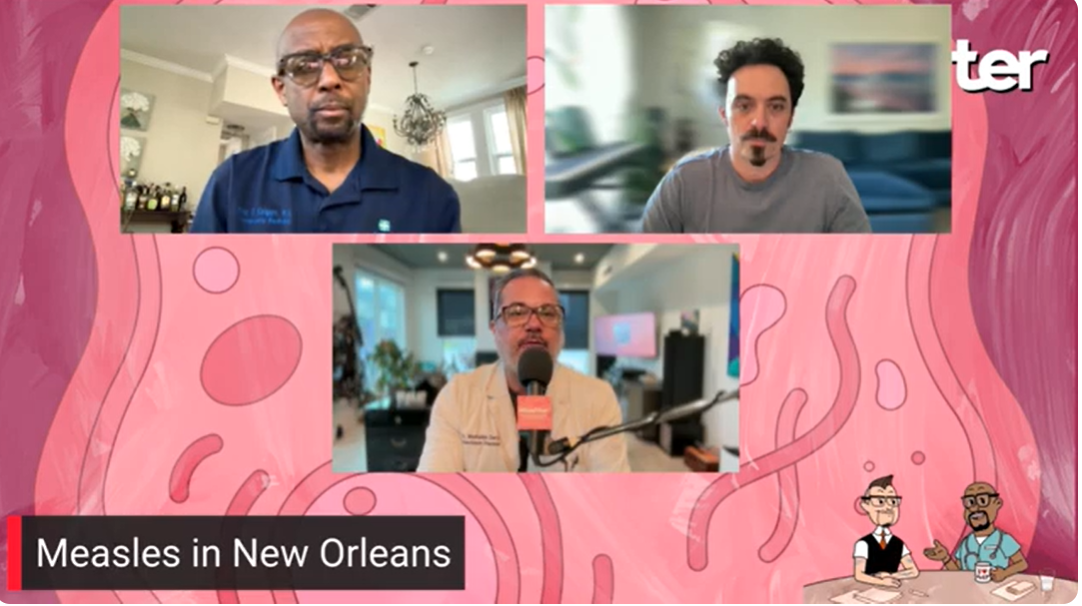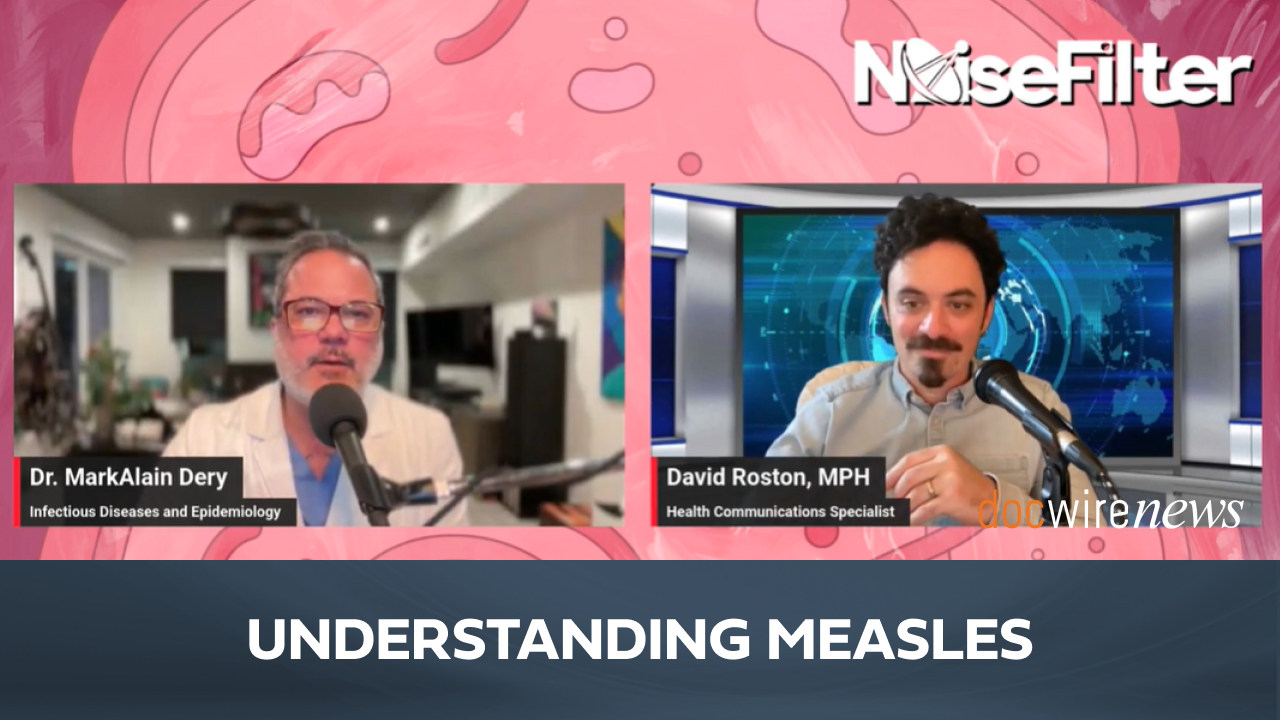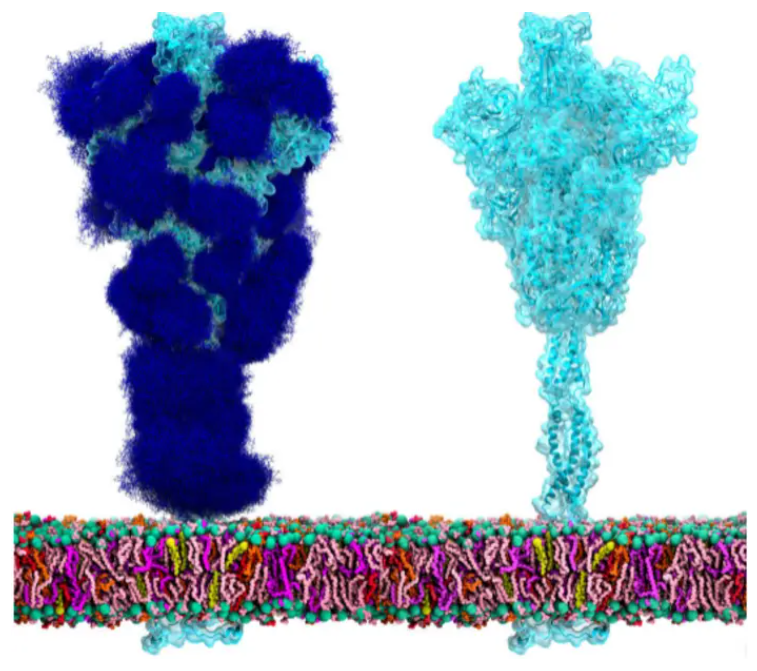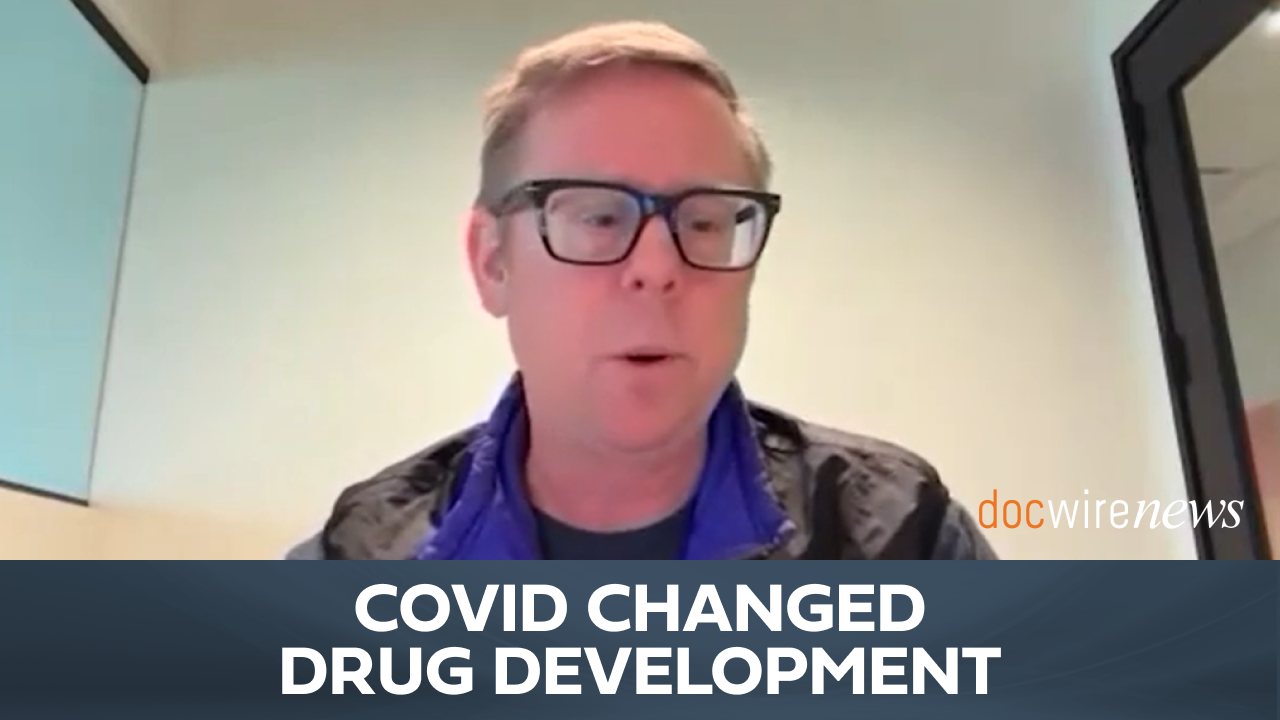Dr. Bill Muller Discusses a Monoclonal Antibody Designed to Protect Infants Against RSV Season
By Rob Dillard - Last Updated: April 27, 2023A recent study, published in The New England Journal of Medicine (NEJM), detailed results from a Phase 3 trial evaluating nirsevimab, the first investigational long-acting antibody designed to protect all infants across the respiratory syncytial virus (RSV) season with a single dose.
RSV is a widespread, contagious virus that causes seasonal epidemics – it is a leading cause of lower respiratory tract infections (LRTI) and hospitalizations in all infants worldwide.
DocWire News spoke with Bill Muller, MD, PhD, Associate Professor, Pediatrics, Northwestern University Feinberg School of Medicine, Attending Physician, Pediatric Infectious Diseases, Ann & Robert H. Lurie Children’s Hospital of Chicago, Scientific Director, Community & Clinical Trials, Stanley Manne Children’s Research Institute, about the exciting results of this study.
DocWire News: Please provide us with some background on yourself, and your area of expertise.
Sure, yeah. I’m a pediatric infectious diseases specialist at Lurie Children’s Hospital in Chicago. I lead most of our industry sponsored infectious diseases related clinical trials at this site.
What is respiratory syncytial virus (RSV), and what dangers does it pose to infants?
Yeah, so respiratory syncytial virus is actually a relatively common virus, which in most people, causes a seasonal cold, usually in the wintertime. The problem with respiratory syncytial virus is that when babies get it, particularly babies under age one, they can get pretty significant disease that requires them to either be seen by a physician or to come into the hospital for help with their breathing, so it can be a… It’s the major cause of hospitalization in under one year olds.
Talk to us about nirsevimab, and how it can be used to protect against RSV.
Yeah, so many pediatricians are familiar with this drug palivizumab, which is used to protect high risk infants who have RSV infection. And that’s an antibody which is similar to… I mean, I think people are now familiar with antibodies from our experience with the coronavirus. It’s an antibody which binds to the virus and helps to prevent it from infecting cells. The advantage that nirsevimab has over this previous drug, palivizumab, is that, number one, it binds more strongly to the virus. And so it’s more effective at keeping it from infecting cells and causing disease. And the second advantage is that it lasts in the body much longer. So it lasts for the entire season during which babies are at risk for respiratory syncytial virus infection. Where the palivizumab needs to be given every month, and so babies would have to come in every month to get it.
Talk to us about the MELODY trial – how it was conducted, and what were the findings?
Yeah. So the MELODY trial is actually one of three trials for this drug that will, I think, be used to support its application for approval by the FDA. And this is a trial that involves healthy infants in late preterm or term. I alluded to palivizumab being used in high risk infants. Those are infants that have heart or lung disease when they’re born, and many of the infants with lung disease are premature and infants. Nirsevimab, this particular study, would extend its use to healthy infants. And this study was able to show that it also prevents or minimizes the risks of them needing to be seen by a doctor for RSV infection, or needing to come into the hospital for RSV infection. So this would extend this protective drug to, basically, every infant.
What are the clinical implications of these findings?
So this would… I mean, the findings were that the rate of what we call medically attended lower respiratory tract infection or babies needing to be seen by a doctor for RSV infection was decreased by about 70% in healthy infants. So if every infant were able to get this drug, that would decrease, not just the risk of them having disease, which is itself a reason to give a drug, but also decrease the need for their parents to take time off of work to bring baby to be seen by a doctor, or to keep the baby at home while they’re watching them to see if they get worse, or the risk of babies coming into the hospital and needing treatment for the infection, so this is a pretty significant advance.
What are some key takeaways you would like to leave our audience with today?
Yeah, so I think this drug is being developed so that every baby can get it. And the company, I think, has made a real effort to try to develop it, so that it can be priced, so that it’s reasonable for everybody to get it. So I don’t think that they’re looking to give it to just high income countries. They’re looking to extend it worldwide, and this study was done worldwide, in part, for that reason.







 © 2025 Mashup Media, LLC, a Formedics Property. All Rights Reserved.
© 2025 Mashup Media, LLC, a Formedics Property. All Rights Reserved.